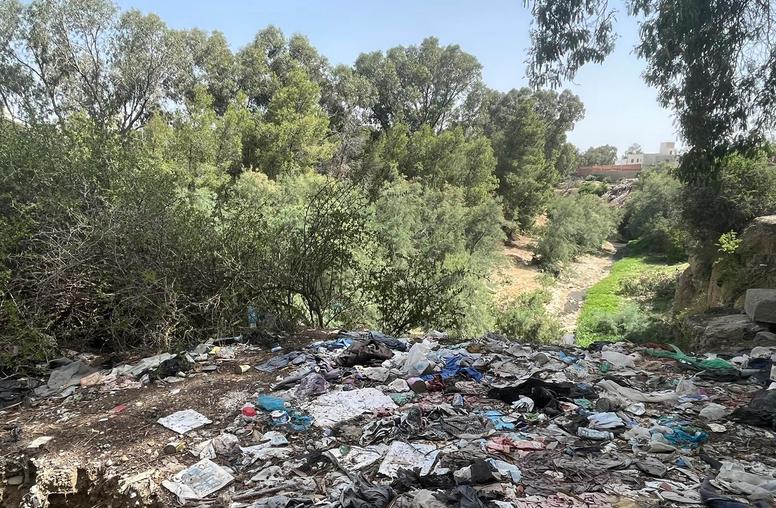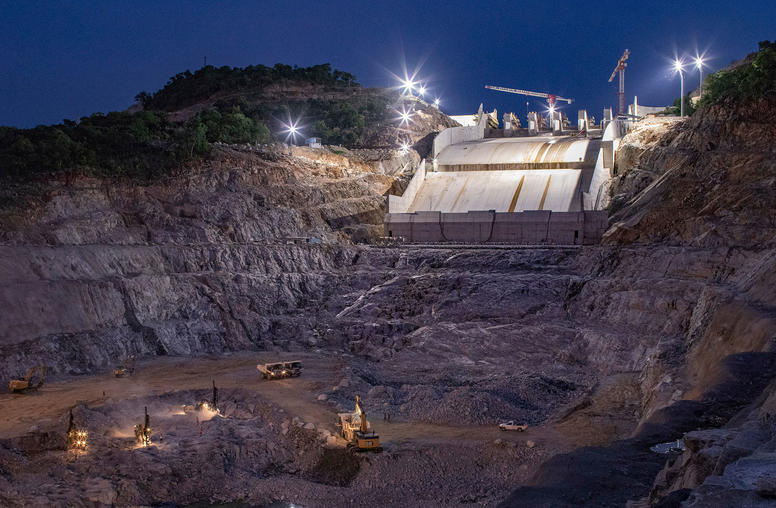 Environment
Environment
As climate change amplifies weather disasters and destabilizes food and water supplies, recent research has confirmed: Our planet’s warming is weakening already fragile states, increasing the risk of violent conflicts and sparking human displacement and migration on an unprecedented scale. USIP is working to understand how climate policy and peacebuilding can work together to ensure that we stay ahead of the climate curve and put affected communities on the path toward long-term peace and stability.
Featured Publications

Back to the Future? Kazakhstan’s Nuclear Choice
Although Kazakhstan denuclearized over three decades ago when it split from the Soviet Union, the Central Asian nation held a referendum on October 6 over whether it should build a nuclear power plant. With 73% voting yes, the referendum could reverberate beyond Kazakhstan and the Central Asia region. Safe nuclear power would be a boon for Kazakhstan, decreasing its reliance on fossil fuels while increasing economic resilience and helping it to address its immense climate change challenges. There are also important U.S. interests at stake here. The U.S. and Western allies should constructively engage with Kazakhstan, including helping to build a new reactor, to avoid Russian or Chinese control of Kazakhstan’s new nuclear energy sector and its valuable uranium resources.

How U.S. Leadership Can Elevate the Food-Climate-Security Nexus
Today, environmental, economic and political shocks have pushed more than 250 million people into food insecurity. Climate change, extreme weather events, conflict, and supply and distribution issues are impacting what the Intergovernmental Panel on Climate Change (IPCC) considers the four pillars of food security: availability, access, utilization and stability. Food insecurity can lead to social unrest, economic instability and political challenges — impacting individual countries and broader regions. Unpredictability and disruptions in food systems can open the door for food to be wielded as a weapon or source of influence by state and non-state actors. Along with the worrying human toll, these dynamics have important implications for U.S. and global security, which means that increasing the ability of global food systems to withstand these acute and slow-onset shocks is a U.S. security imperative.

What Does the Emerging China-Africa Minerals Consensus Mean for U.S. Initiatives?
The recently concluded Forum on China-Africa Cooperation (FOCAC) provided a revealing glimpse into the current state of the Africa-China relationship. On the one hand, the official imagery and language of the summit emphasized constancy — a vision of a stable South-South relationship stretching from the past into the future. On the other hand, the summit also projected a relationship that is being reshaped for a new decade.
Current Projects

Critical Minerals in Africa
Often throughout Africa’s history, natural resource exploitation has brought devastating consequences. However, it’s clear that Africa’s critical minerals will be developed regardless of the risks. The question is: How will critical minerals be developed and to whose benefit?

Local Solutions for Tunisia’s Environmental Crises
In partnership with USAID, USIP is embarking on an innovative, experimental project that will support Tunisia’s local governments and civil society as they co-develop and implement solutions to environmental governance challenges that are exacerbating fragility and heighten ing exposure to climate shocks.

Peace and Security Issues in Africa-China Economic Relations
Much of the research that has been conducted on the impact of China’s economic engagement with Africa has focused on their economic exchanges and security engagements in isolation of one another. But few have sought to understand the interconnections between these themes. These interconnections matter, as some Chinese firms are responsible for environmental degradation, population displacement, corruption and illegal extraction activities — all of which are factors that can drive conflict.